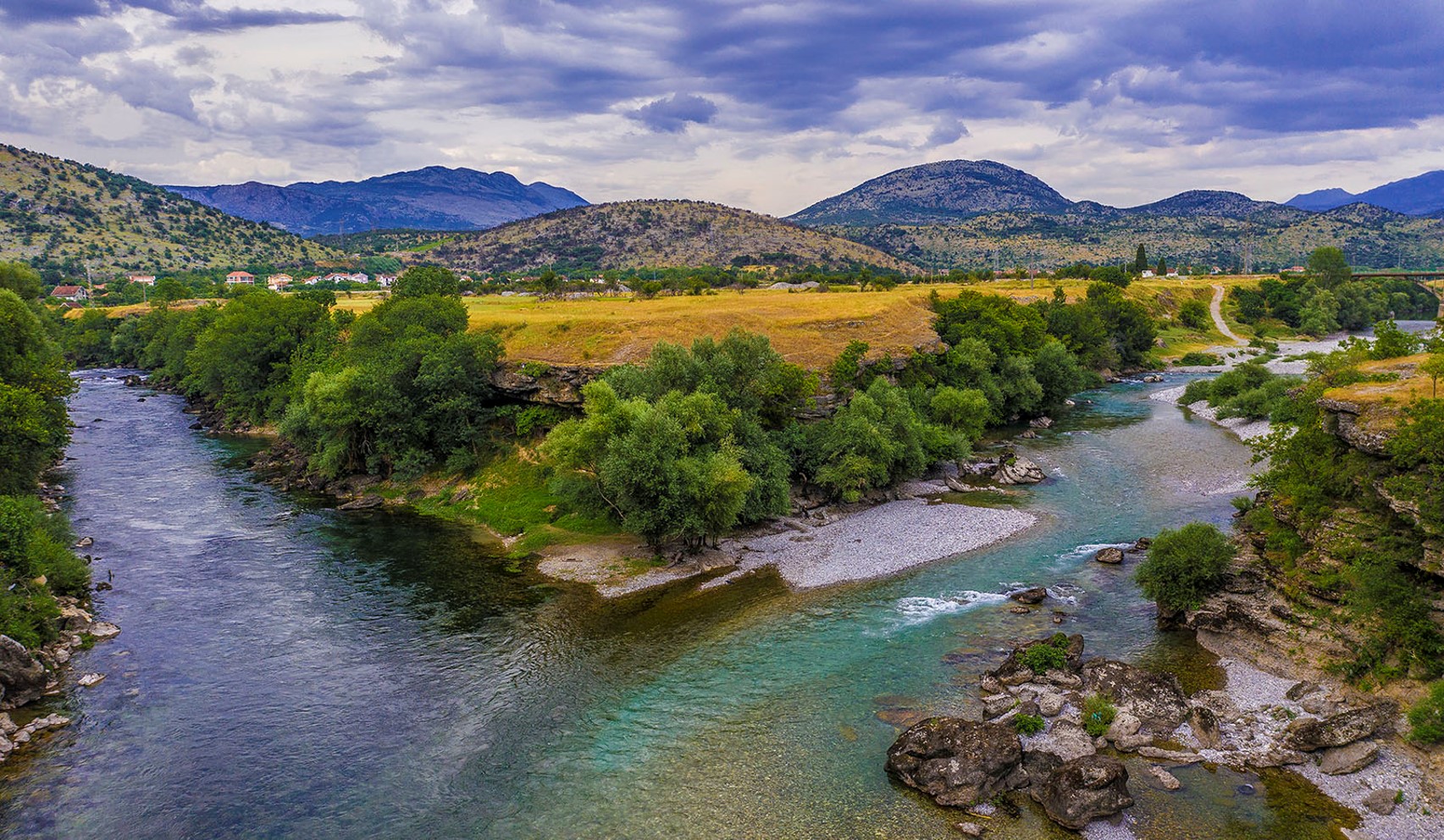The Nature Conservancy's 2020 Annual Report
Protect Oceans, Lands and Water
How humanity cares for the land and water that sustain us matters now more than ever.
Fishers Peak
A new state park transforms a Colorado town.
For decades, residents in the former mining town of Trinidad, Colo., had been watching young people leave for distant job opportunities. In 2017, Mayor Phil Rico decided to approach TNC and The Trust for Public Land (TPL) with a plan for change: Would the organizations help protect a neighboring ranch with an eye toward transforming the city into a thriving hub for outdoor recreation? Last year, that vision came to life when the property was made into a state park crowned by the 9,633-foot Fishers Peak.

Read the full article
Trinidad finds new economic opportunity thanks to Colorado's newest state park.
Dig DeeperAfter TNC and TPL purchased the 19,200-acre ranch with support from Great Outdoors Colorado, the two groups helped Colorado Parks and Wildlife acquire the $25.4 million property and transform it into Fishers Peak State Park. It promises to become an outdoor tourism destination on par with the scenic natural wonders that already contribute $62 billion to the state’s economy. The park is home to more than 900 species—including elk, bobcat and peregrine falcon—and helps secure a wildlife corridor from the Sangre de Cristo Mountains to the grasslands of the high plains.
“By planning for both ecological and recreational goals from the ground floor, we’ll strive to show how solid conservation outcomes contribute to an economically thriving community, all while connecting future generations to nature,” says Matt Moorhead, TNC’s conservation partnerships advisor in Colorado.
A Global Strategy to Save Rivers
Rivers bring life to us all. TNC’s new Durable River Protection framework keeps clean and healthy waters flowing.
While the Balkans are home to many of Europe’s last free-flowing rivers, the region has become a target in recent years for plans to develop new hydro dams and other water projects. Despite the threats, TNC efforts in the region last year helped protect two rivers: the turquoise blue waters of Montenegro’s Zeta River and, to the north, the Krupa River in Croatia, which winds through steep and rocky canyons.
The two governments protected the rivers using TNC’s new community-focused approach to river conservation known as the Durable River Protection framework. Modeled on the U.S. Wild and Scenic Rivers Act, the framework brings new policy approaches that can support freshwater protections around the world. This is critical because rivers hold much of the world’s biodiversity but are, astonishingly, the least protected of the Earth’s natural systems.
The success in the Balkans will help support adoption of the framework in other countries as well.
Africa Wildlife Conservancies Crisis Fund
An innovative fund helps wildlife and people across Africa.
During the 2020 pandemic, TNC created the Africa Wildlife Conservancies Crisis Fund, which raised $2.5 million in contributions from TNC supporters. The emergency fund kept about 950 rangers on patrol in wildlife conservancies in Kenya, Namibia, Tanzania and Zambia—offsetting the drop in ecotourism-dependent conservation funding due to a 90% decline in visitors. Many were concerned that a crisis could hit both local communities and wildlife conservancies, a setback for conservation alliances that would leave wildlife at an even greater risk from poaching. “If these rangers had lost their jobs during the pandemic we would definitely be losing ground on our progress,” says The Conservancy’s Alphonce Mallya.

Closing the Gap
A new report charts steps to increase biodiversity financing.
The world’s biodiversity is under threat. The rate of extinctions is on the rise and climate change is now exacerbating the threats. Declining biodiversity will have real impacts for people, such as threatening clean-water supplies and limiting food sources. For example, threats to pollinators could lead to a costly drop in agricultural output estimated at $217 billion annually. A new paper, Financing Nature, published by the Paulson Institute, Cornell University and TNC, outlines transformations in policy and finance regulations that would unleash new private-sector investments capable of protecting nature and biodiversity.




